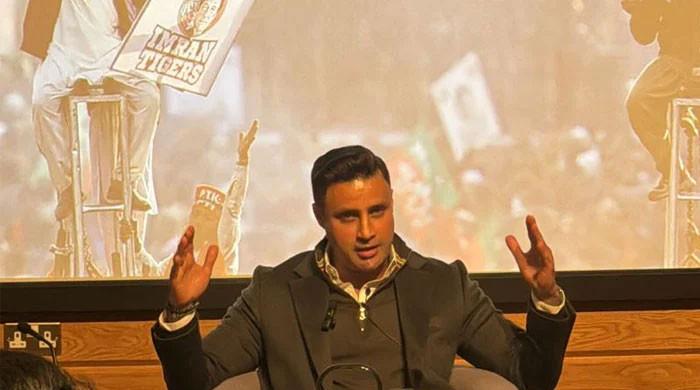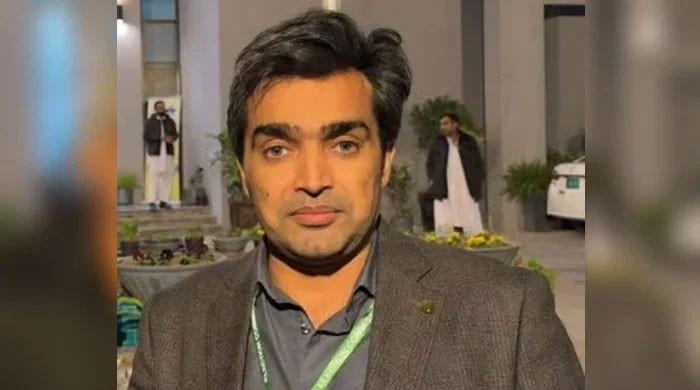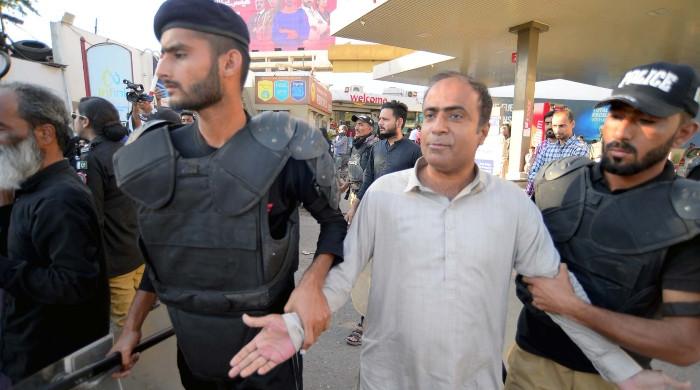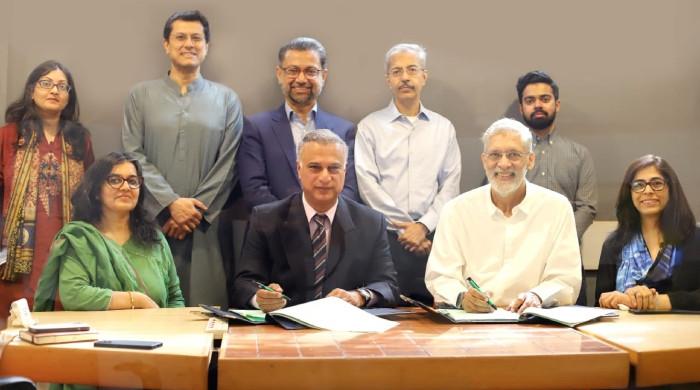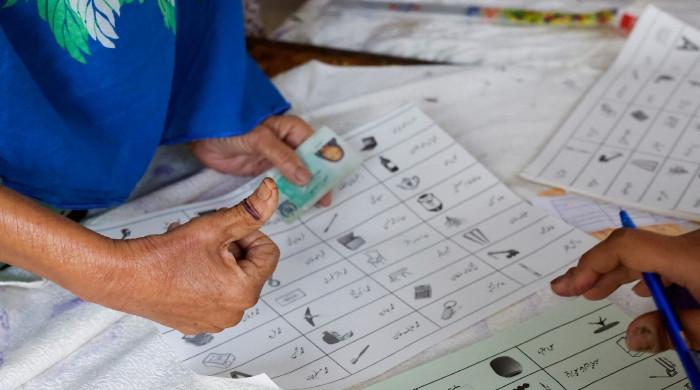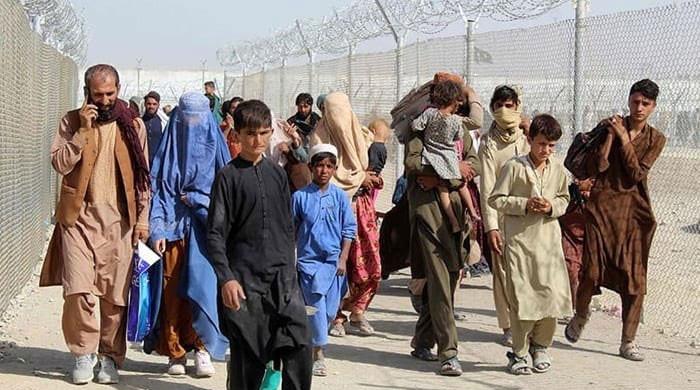Judiciary protected rights of citizens despite serious challenges: IHC judge
Justice Tariq Mehmood Jahangiri says SC has been at forefront of fighting for freedom of judiciary
October 20, 2024
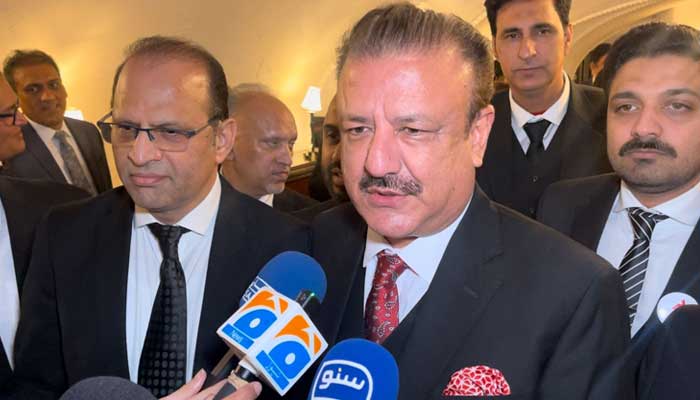
LONDON: Islamabad High Court’s (IHC) Justice Tariq Mehmood Jahangiri has said that judicial independence is essential for any society, its progress and its survival through the maintenance and implementation of the rule of law.
The IHC judge was speaking at the Annual Law Conference organised by the International Lawyers (global), a group of Pakistan-origin lawyers working in the UK as solicitors and barristers.
IHC Justice Arbab Muhammad Tahir and Justice (retired) Shahid Jamil, who recently resigned from the Lahore High Court, also addressed the conference, held at the Society of Lincolns Inn.
Justice Jahangiri said: "In Pakistan, judicial independence is enshrined in our Constitution as a fundamental pillar. Judicial independence means that the courts must be free from any kind of pressure and interference. It allows judges to make decisions solely on the basis of law and nothing else. Pakistan’s Constitution safeguards independence of the judiciary and it also safeguards the judiciary from any kind of interference, ensuring it operates as a distinct and equal branch of the government.
Justice Jahangiri said the Supreme Court of Pakistan has been at the forefront of fighting for the freedom of the judiciary and the rights of the people as enshrined in the Constitution of Pakistan.
He accepted that there are huge backlog of cases but laregly it has happened due to adjournments and litigants as well as the systematic deficiencies which should be fixed and that can happen when the judiciary is empowered through resources to deal with the burdens.
The judge praised the role of the Supreme Court and high courts in how they have delivered under challenging circumstances.
"Despite the challenges the judiciary has faced over the decades, it has made commendable strides. The SC and high courts have performed well despite several limitations and have introduced many game-changing reforms. Our courts have taken steps to end unnecessary litigations by introducing Alternative Dispute Resolutions (ADR) and mediation to avoid lengthy court proceedings to save money and to protect the system from taxing burden on the system," he said.
“Meditation centres have been established in many parts."
The judge said that fair trial is right of the citizens and along with the rule of law — ensured by an independent judiciary — they must be strengthened to protect rights of all citizens in every sense.
He told the audience: "The SC and high courts are acting as the champion of judicial reforms and are facilitating institutional capacity to deal with numerous challenges."
Justice Jahangiri added: "The courts have ensured that justice is served and rule of law is held. The judiciary has made significant progress in the protection of human rights. Courts have been instrumental in defending and maintaining the rights of religious minorities, gender equality and ending enforced disappearances. The courts are acting as the defenders of people rights."




